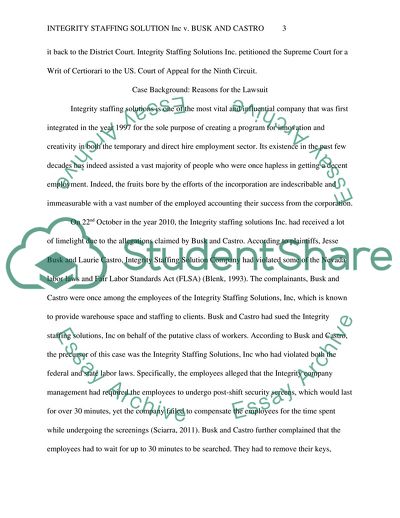Cite this document
(Moot Court Exercise Term Paper Example | Topics and Well Written Essays - 1750 words, n.d.)
Moot Court Exercise Term Paper Example | Topics and Well Written Essays - 1750 words. https://studentshare.org/human-resources/1853123-moot-court-exercise
Moot Court Exercise Term Paper Example | Topics and Well Written Essays - 1750 words. https://studentshare.org/human-resources/1853123-moot-court-exercise
(Moot Court Exercise Term Paper Example | Topics and Well Written Essays - 1750 Words)
Moot Court Exercise Term Paper Example | Topics and Well Written Essays - 1750 Words. https://studentshare.org/human-resources/1853123-moot-court-exercise.
Moot Court Exercise Term Paper Example | Topics and Well Written Essays - 1750 Words. https://studentshare.org/human-resources/1853123-moot-court-exercise.
“Moot Court Exercise Term Paper Example | Topics and Well Written Essays - 1750 Words”. https://studentshare.org/human-resources/1853123-moot-court-exercise.


